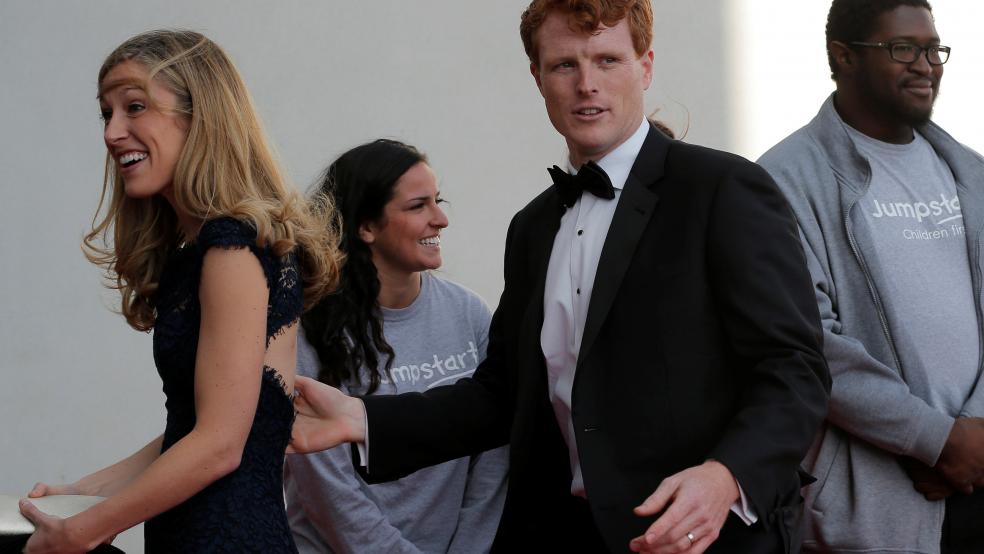WASHINGTON (Reuters) - Activists staged a rare protest inside the U.S. Supreme Court on Wednesday, shouting denunciations on the fifth anniversary of a ruling that lifted limits on corporate spending in elections as police rushed to corral them, knocking over chairs and causing a ruckus in the normally staid chambers.
Hours later, President Barack Obama also condemned the 2010 ruling in the case known as Citizens United v. Federal Election Commission, saying in a statement that "dark money" from undisclosed donors was flooding campaigns and causing "real harm to our democracy."Supreme Court officials said seven people were charged under a law forbidding "a harangue or oration" or uttering "loud, threatening or abusive language" in the court building. Those seven and an eighth person also were charged with conspiracy-related offenses.While the commotion was occurring in the courtroom - distinguished by its burgundy velvet drapery and white marble - Chief Justice John Roberts tried to begin business but kept being interrupted by shouts.The demonstrators were members of the activist group 99Rise. Group spokesman Timothy Brown, not among those in the courtroom, said the activists spent Tuesday night practicing how they would rise in succession and shout slogans including: "Reverse Citizens United" and "Money out of politics."The court's 5-4 decision in the Citizens United case dismantled restrictions on independent corporate and union expenditures in federal elections.Critics say the ruling opened the floodgates for money from corporations and undisclosed donors to flow into American politics and further boosted the influence of the wealthy in the electoral process. Since the Citizens United ruling and other court decisions in its wake, there has been an escalation in outside spending in presidential and congressional elections. COMMOTION IN COURTTo reach the courtroom, visitors must pass through two metal detectors, one at the entrance of the building and one in the great hall leading to the second-floor courtroom. Cell phones, cameras and all other electronic devices are forbidden. After a February 2014 protest by a 99Rise member against Citizens United was secretly recorded and the video footage posted online, scrutiny of visitors appeared to increase. Police seemed to examine more carefully pens and other objects that could contain a small camera.Brown said some of the activists who entered the courtroom carried a device that would capture pictures or video. Brown declined to reveal how the recording device was concealed or whether video or photographs would be posted online as was the case after the 2014 disruption.The shouts Wednesday began just at 10 a.m. when one activist stood up near the back of the courtroom as the justices prepared to issue decisions.As police officers began hustling her out of the courtroom, others individually began shouting "One person one vote" and "We are the 99 percent," a reference to the majority of Americans as opposed to the richest 1 percent.The commotion lasted a couple of minutes before police, who are stationed throughout the courtroom during hearings, removed the protesters and Roberts resumed the court's business, including oral arguments in a closely watched housing discrimination case.The Center for Responsive Politics, which tracks money in politics, said the number of donors giving more than $1 million to outside groups during elections has grown from two in 2006 to 84 in the 2014 congressional elections. Among those who have contributed large amounts are wealthy donors Tom Steyer, Sheldon Adelson and brothers Charles and David Koch. Outbursts in the Supreme Court are rare. A high-profile incident took place in 1983, when Hustler magazine publisher Larry Flynt was ejected from the court for shouting obscenities at the justices during oral arguments in a libel case. (Additional reporting by Joan Biskupic; Editing by Will Dunham)Activists disrupt U.S. top court, denounce campaign spending ruling

LARRY DOWNING



